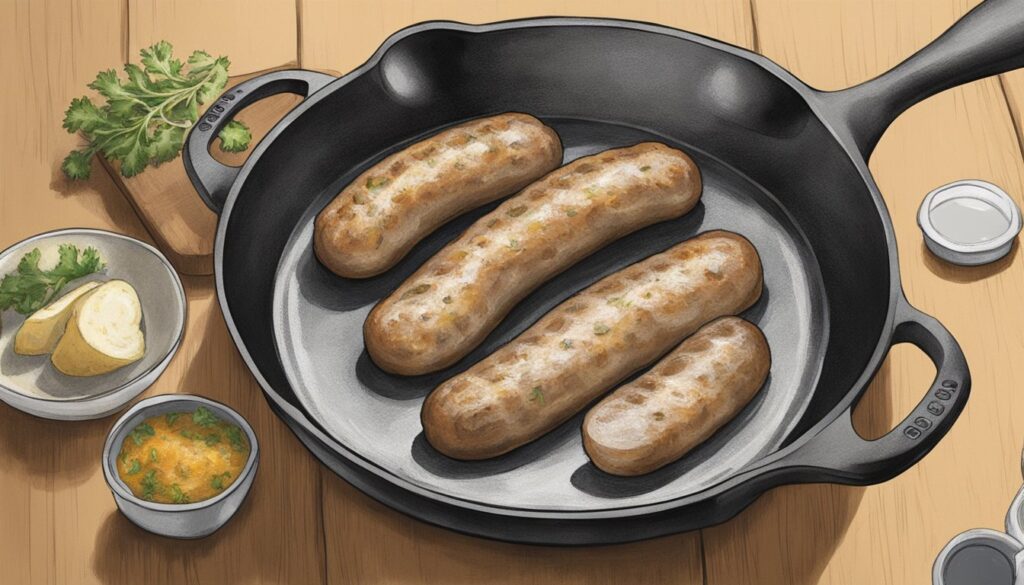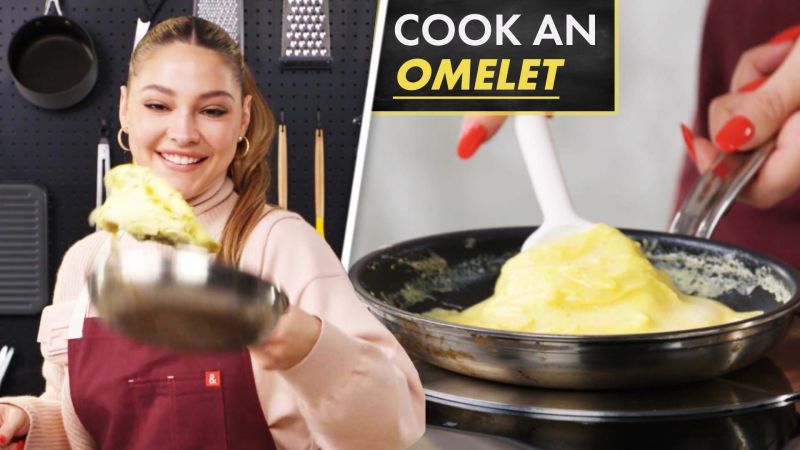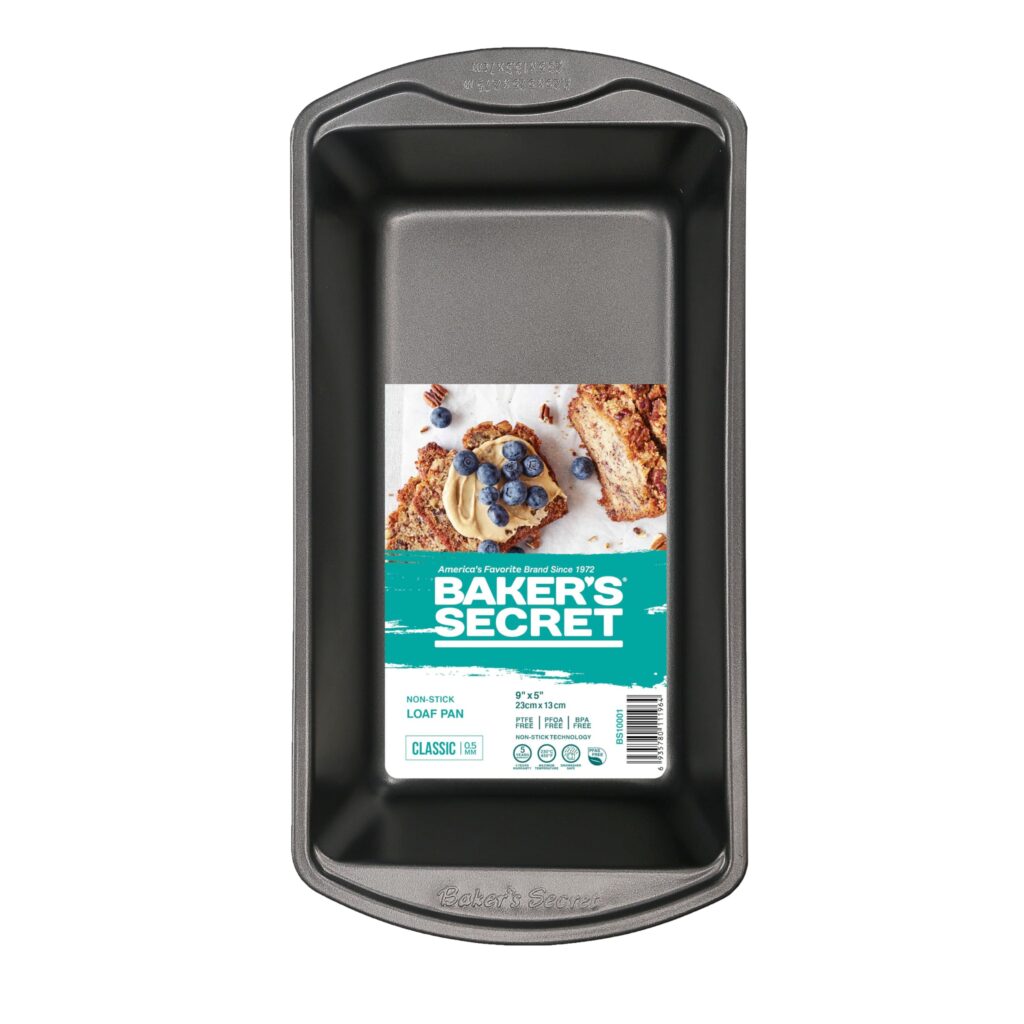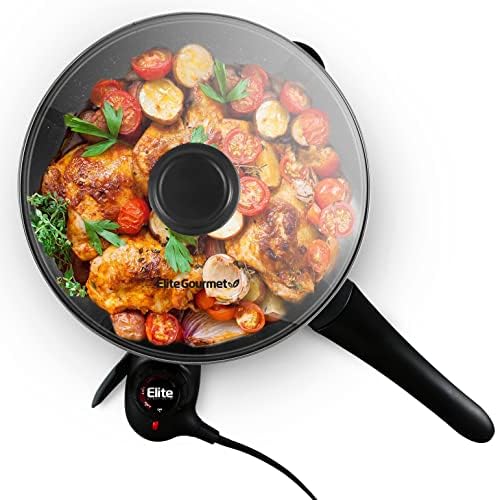If you don’t know how a blender works, then you really don’t know much about food. And that’s ok. The good news is that you don’t have to know everything about food to enjoy the delicious recipes available at your fingertips. A blender is a kitchen appliance that breaks down solid foods into a liquid form.
Table of Contents
ToggleHow Does A Blender Work?
Blenders work by mixing ingredients together, usually while blending them into a liquid form.
To understand how a blender works, you first need to know what makes it go. That’s where the motor comes in. The motor is responsible for spinning the blades that are attached to the bottom of the blender container.
By spinning these blades at high speeds, they create friction that causes heat and friction, which melts any frozen ingredients you might have added, as well as your food!
Blenders also have different speeds that can be selected based on what kind of texture you’re looking for in your finished product.
The higher speed will give you more air and help give your food a whipped texture; while lower speeds will give you more substance without all of the air bubbles.
The Parts Of A Blender
The top cap
This is the part of the blender that you put on top of the jar when you’re blending. It has a hole in it, so you can add ingredients while blending.
The blade assembly
This is what chops up your food while blending. It’s made up of a bottom blade and an upper blade, which spin at different speeds to chop your food into smaller pieces.
The lid
If you don’t have a lid on your blender, you can’t blend anything! This is where you put all your ingredients in before blending them up into smoothies or whatever else it is that you want to make with your blender!
The jar
This is where all the magic happens when you blend stuff up! It has measurements on it so you know how much liquid will fit inside the jar at one time; if the jar is too full when you pour in liquids like water or milk then they’ll overflow when blended together with other ingredients like spinach leaves or carrots from your garden (if those are things that grow in gardens).
Advantages of blenders
Blenders are not just for margaritas. They’re also great for:
- Making a smoothie that’s so creamy, it’ll make you feel like you’re eating ice cream.
- Chopping up vegetables so they’re ready to go in your soup or salad.
- Making the easiest guacamole ever. You literally just put in the avocados and hit “chop.” That’s it!
Disadvantages of blenders
- They’re also loud. If you’re going to use a blender to make your smoothie, you’ll want to make sure you have some good ear plugs handy!
Blender Vs Food Processor
When you’re looking for a way to mix, chop, or puree food, you may be tempted to reach for your blender. But is it the best tool for the job?
The blender has been around for decades, but it’s never really been a great option for most kitchen tasks. Blenders are only really good at mixing liquids, like smoothies and margaritas. If you want to chop vegetables or make a sauce from scratch, then you’ll need something else, like a food processor!
Conclusion
So, how does a blender work?
Well, it’s actually pretty simple. Blenders use a motor to rotate blades. The blades are attached to the base of the blender and spin around at high speeds, transforming food into a liquid or puree form.
It’s all about the motion! The blades spin back and forth, creating friction as they go. This friction causes heat to build up inside of the pitcher, and that heat is what cooks your food as you blend it.

Hi, I’m Kimberley. I am a happy and adventurous person who enjoys writing about the finer details of the kitchen niche. My blog is where I can share all my thoughts and opinions with other passionate food lovers like me!
if you’re reading this then it’s probably safe to assume that you’ve stumbled across one of my blogs about the kitchen niche! I love writing informative blogs and review posts for those who are looking for a little bit more information before buying their next product.
Follow me on Twitter





